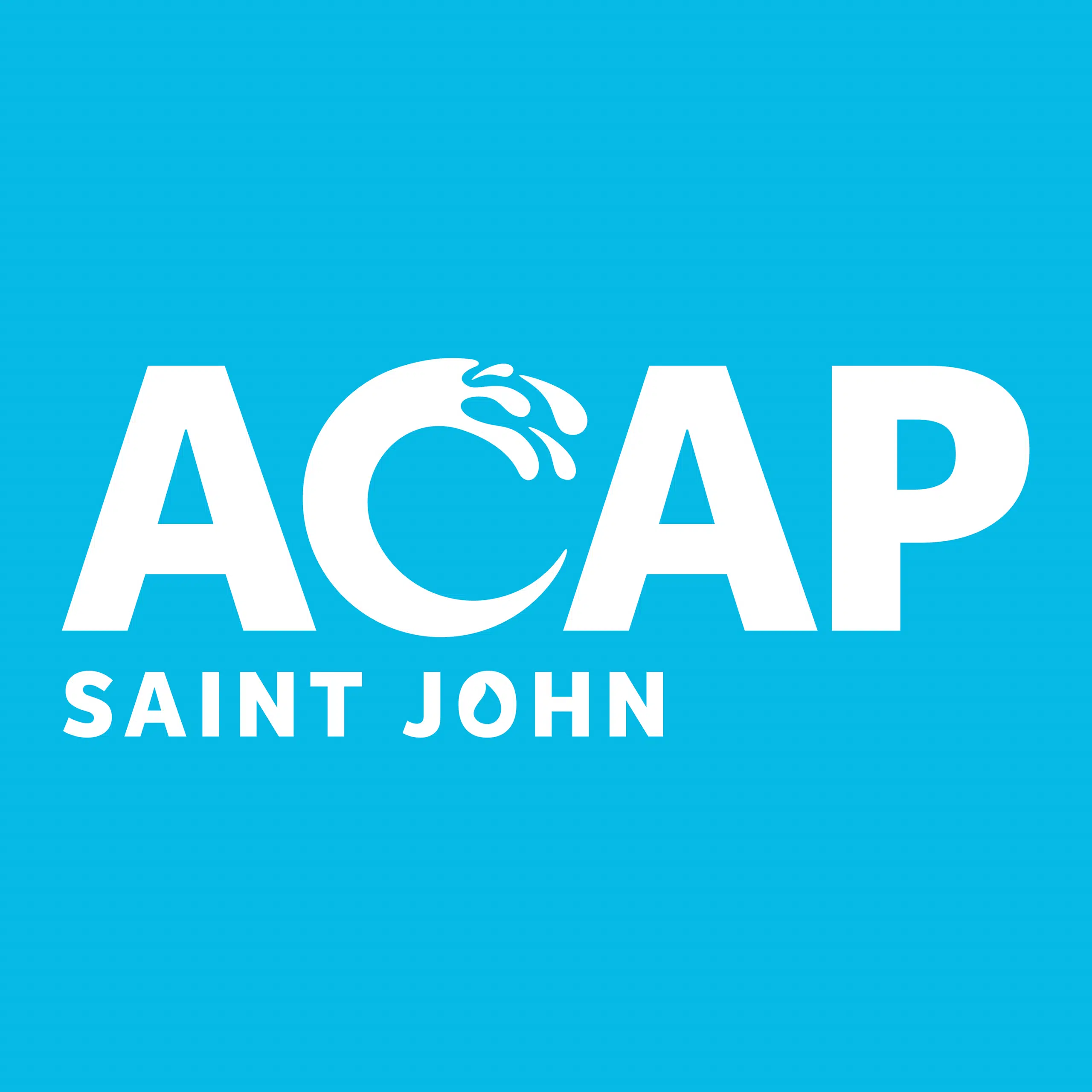
ACAP Saint John is working diligently to prepare a climate change adaptation plan for the city.
After compiling “hundreds upon hundreds of pages” of research and background, executive Director Graeme Stewart-Robertson says the next step is community engagement, and answering any questions residents might have.
“What does it change about my summer in 20 years? What does it change about my ability to find fresh produce in 15 years? All those little details that are easy to miss, but we want to bring down to a local level,” he said in an interview.
The group will be at a number of public events this summer to engage the community, including Area 506 Fest in August.
Stewart-Robertson says they are working very closely with a number of city departments to get their feedback too, and find out what they need from the plan.
“We’ve spent a lot of the last year at ACAP developing maps, flood risk maps, going through old policy legislation, and boiling that down, but we want to know what matters to the city departments, what’s vulnerable in their eyes, what they can and can’t do,” he said.
Stewart-Robertson explains that in order for municipalities to qualify for provincial infrastructure funding in the future, they must first develop adaptation plans.
There isn’t a hard date on when those plans have to be in place, but the province is recommending that coastal communities develop them by 2020, due to higher risks.
“Being a large community both in population for New Brunswick but physically large as well, we knew it was going to be a couple year long process, so with the province’s help, we have funding to essentially write the plan for the city,” he said.
ACAP has also released an interactive map on their website that allows people to highlight their areas of concern.
“Where people draw their own priorities, where they’re most concerned about let’s say rising seas or flood waters or emergency routes, or a number of different questions, and then we get to map all of that and it will go directly into the plan,” explained Stewart-Robertson.
He is encouraging citizens and Councillors alike to use this tool, as it will directly feed into ACAP’s recommendations for the city.
The plan will likely be adopted by the city in March of 2020.






